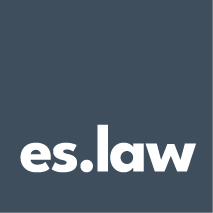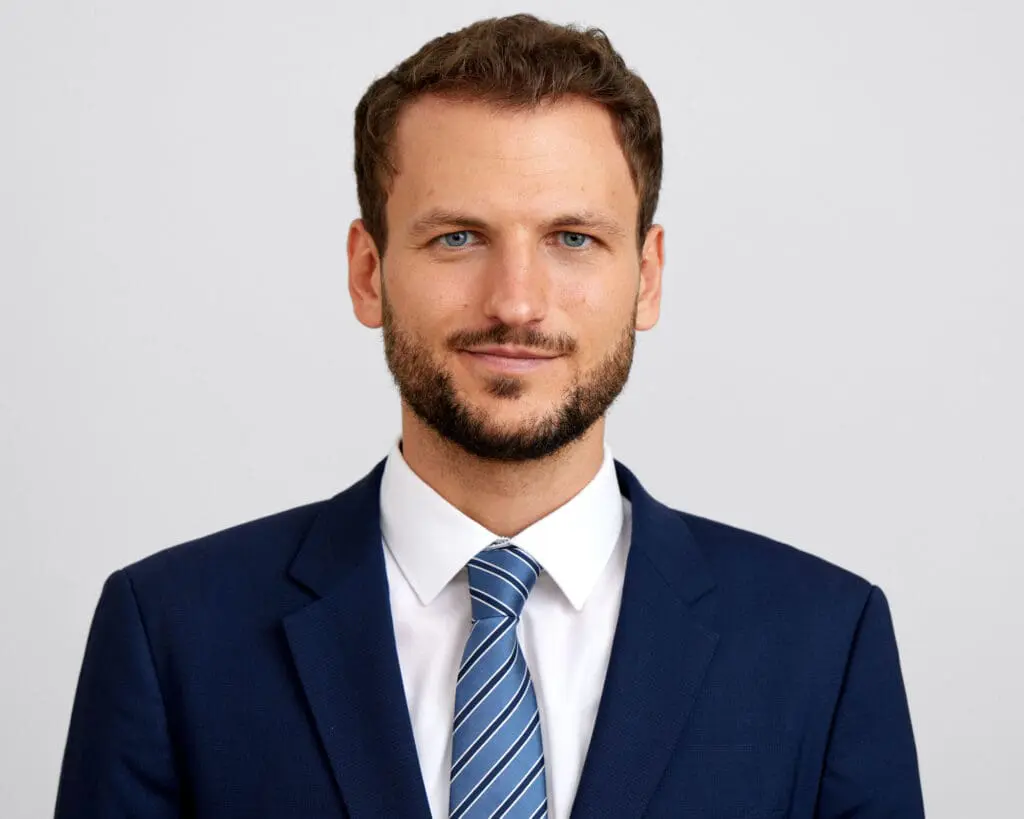Structure of the offense of counterfeiting evidence (Sec 293 StGB)
Any person who produces false evidence or forges genuine evidence intending that the evidence be used in judicial or administrative proceedings, in criminal investigation proceedings under the Austrian Code of Criminal Procedure, under Regulation (EU) 2017/1939 or in proceedings before a commission of inquiry of the National Assembly commits counterfeiting evidence pursuant to Sec 293 para 1 of the Austrian Criminal Code (StGB).
Pursuant to Sec 293 para 2 StGB, any person who uses false or forged evidence in one of the above-mentioned proceedings is also liable to prosecution.
Object and offense
The object of the offense of counterfeiting evidence under Sec 293 StGB is evidence. This includes anything that can be used to convince a court or authority of the truth or falsity of a factual assertion. Examples of evidence include material evidence such as documents like (fictitious) invoices, visual evidence such as photos, copies, e-mails or payment slips in the event of non-payment.
Evidence is false if it is not genuine or if it is genuine but incorrect in terms of content. False conclusions can be drawn from false evidence during the proceedings. A “written lie” (Lugurkunde) originating from the correct issuer only fulfills the elements of the offense if it has an evidentiary value that goes beyond the mere assertion of the existence of the claim prerequisites underlying the respective proceedings or the mere submission of one’s own procedural position. However, it is not necessary for the false evidence to have actually affected the decision in criminal proceedings, civil proceedings or proceedings under public law. According to Sec 293 para 1 StGB, the offense of falsifying evidence consists of producing false evidence or forging genuine evidence. The offense under Sec 293 para 2 StGB consists of using false or forged evidence.
Examples of counterfeiting evidence
- In court proceedings, a party submits an affidavit from a foreign witness, the content of which is incorrect. The party is liable to prosecution for the use of falsified evidence in accordance with Sec 293 para 2 StGB.
- Incorrect information in a business registration is not a crime and therefore not punishable due to the lack of independent evidentiary value beyond the mere assertion of the existence of the legal requirements.
Penalties
Any person who commits the offense of counterfeiting evidence pursuant to Sec 293 StGB is liable to a custodial sentence of up to one year or a fine of up to 720 daily rates. However, the subsidiarity clause under Sec 293 para 1 last sentence StGB must be taken into account.
Sec 294 StGB contains a provision on active repentance. Anyone who freely prevents the use of the false or forged evidence in the proceedings or removes the modification to the evidence that is capable of misleading before it is used in the proceedings is not criminally liable for counterfeiting evidence. The act of repentance may, for example, consist of the perpetrator who forged the evidence in not presenting the forged evidence at all.
Compliance measures to prevent counterfeiting evidence
Companies can take several measures in their day-to-day business to prevent forgery of documents and counterfeiting evidence. Compliance measures are suitable for containing the risk of such offenses and ensuring secure and proper business processes.
First and foremost, it makes sense to offer training and workshops for employees to sensitize them to the handling of potential evidence. Employees should be made aware that altering or producing false data or documents as evidence can have major criminal consequences
In addition, clear compliance guidelines should be implemented to emphasize a zero-tolerance policy with regard to counterfeiting of documents and counterfeiting evidence. Companies should also document in detail all actions related to the collection, processing and storage of evidence to prevent misuse of this data.
Criminal defense by a lawyer in cases of accusations of counterfeiting evidence
If you are accused of forging evidence, this is a serious accusation that requires urgent action. In order to effectively enforce your rights as accused, you should quickly consult a lawyer specialising in criminal law.
A criminal defense lawyer primarily examines the facts of the case, checks the legal qualifications of the prosecuting authorities and identifies possible weaknesses in the accusations. He then develops a suitable defense strategy in the course of the criminal defense in order to achieve the best possible outcome of the proceedings.




